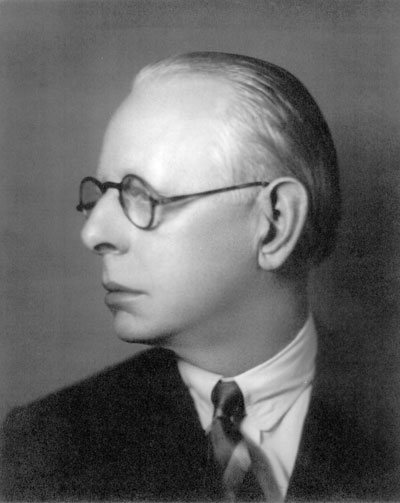 There seems to be a consistent pattern when it comes to these trading teachers turned rogue traders. The story usually is that a trader struggled for years, then “made it”, and decided to teach others. Students etc began offering them money so they set themselves up as a money manager and then *bling* collapse in flames and do a runner.
There seems to be a consistent pattern when it comes to these trading teachers turned rogue traders. The story usually is that a trader struggled for years, then “made it”, and decided to teach others. Students etc began offering them money so they set themselves up as a money manager and then *bling* collapse in flames and do a runner.
One obvious theory is that their trading psychology had adapted to trading their own money at a certain equity level, and they might even have been very successful at that, thus making them confident and bold. But then all of a sudden they are thrust into new territory in terms of both a massive influx in equity and thus volume to have to trade, and the burden of being the crux for investors hope and fear all day.
Imagine it – you are happy trading 1 or 2 standard lots and you have a good rate of return on your own account, but now all of a sudden you are trading 100 lots per trade, and the phone is going every half an hour with someone yapping “So?! How’s it going? What level is my investment at now?! Has their been any losses??!!”
*Brring Brrring!!* – “Someone grab that god damn phone, I’m trying to focus here!”
You could almost feel how this would cause your heart to start pumping and you would break out into a sweat; your mind would go foggy – yet you are supposed to stay cool and trade. I personally sense that many of these guys just didn’t consider this at all. They thought they were ready; they weren’t.
Add to this possible new market issues that throw a spanner in the works, such as trying to get filled with bigger volume, slippage – your positions maybe starting to show up on the radar of other market players and drawing interest to yourself.
The trusty old scalping system seems to not work like it used to work. One bad day and you’ve drawn down 20% of the account and you can’t sleep at night. You can’t bring yourself to tell the investors right now until you try to reduce that loss, so you tell a bit of a white lie.
Down the rabbit hole you go. Soon everyone is calling you scum and saying the honourable thing to do is commit suicide and you are facing six years jail. The moral of the story – think twice before becoming a home-brew money manager.


 Trading is being young, imperfect, and human – not old, exacting, and scientific. It is not a set of techniques, but a commitment. You are to be an information processor. Not a swami. Not a guru. An information processor.
Trading is being young, imperfect, and human – not old, exacting, and scientific. It is not a set of techniques, but a commitment. You are to be an information processor. Not a swami. Not a guru. An information processor.

 Trading is not easy but it also isn’t as hard as we make it. Here are three things that will help it be less hard.
Trading is not easy but it also isn’t as hard as we make it. Here are three things that will help it be less hard.
